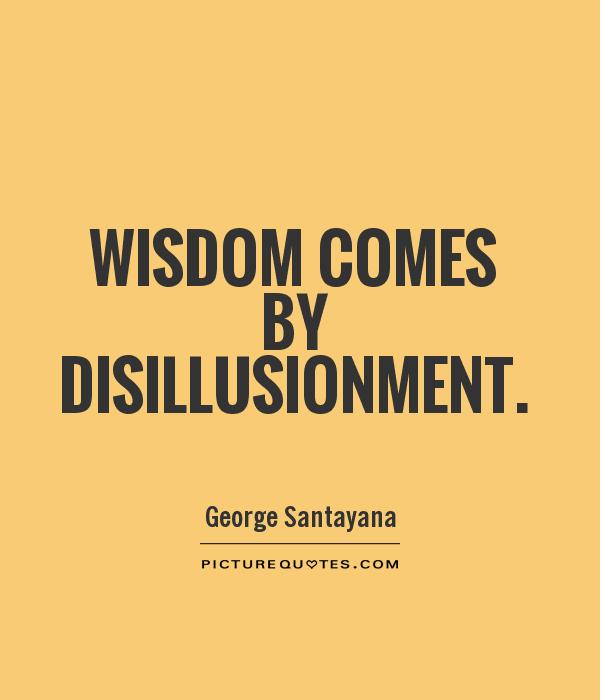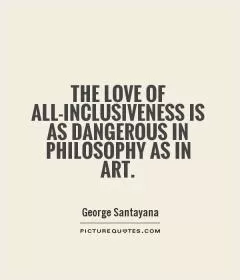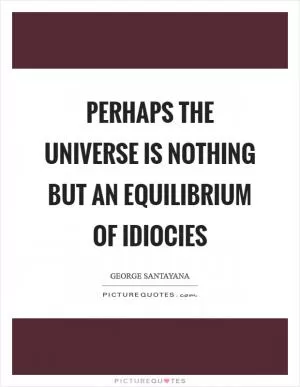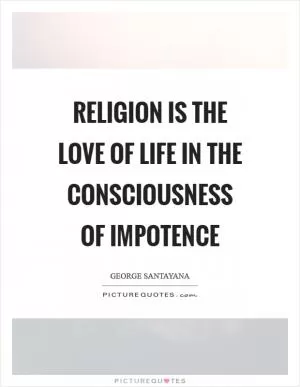Wisdom comes by disillusionment

Wisdom comes by disillusionment
George Santayana, a renowned philosopher and essayist, once said, "Wisdom comes by disillusionment." This profound statement encapsulates the idea that true wisdom is often born out of experiencing disappointment, loss, or the realization that our beliefs or expectations were misguided. In the context of Santayana's words, disillusionment serves as a catalyst for personal growth, self-reflection, and a deeper understanding of the world around us.Disillusionment can take many forms - from the breakdown of a relationship to the failure of a long-held dream or belief. It is in these moments of disillusionment that we are forced to confront our own limitations, biases, and misconceptions. We are stripped of our illusions and forced to see the world as it truly is, rather than how we wish it to be. This process can be painful and disorienting, but it is also necessary for personal and intellectual growth.
When we experience disillusionment, we are given the opportunity to reassess our values, beliefs, and priorities. We are forced to question the assumptions that have guided our lives and to consider new perspectives and possibilities. In this way, disillusionment can be a powerful teacher, leading us to greater self-awareness and a more nuanced understanding of the complexities of life.
Wisdom, then, is not simply a matter of accumulating knowledge or experience, but of learning from our disappointments and setbacks. It is through the process of disillusionment that we are able to cultivate a deeper sense of empathy, humility, and resilience. We come to appreciate the impermanence of our own beliefs and the limitations of our own understanding. We learn to approach the world with a sense of curiosity and openness, rather than with rigid certainty or dogma.












 Friendship Quotes
Friendship Quotes Love Quotes
Love Quotes Life Quotes
Life Quotes Funny Quotes
Funny Quotes Motivational Quotes
Motivational Quotes Inspirational Quotes
Inspirational Quotes